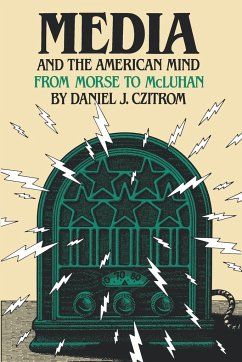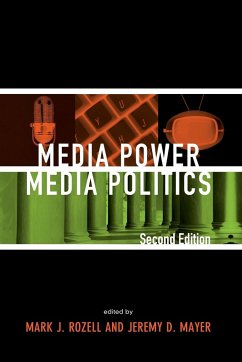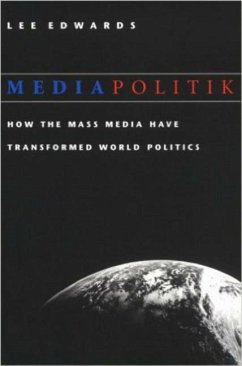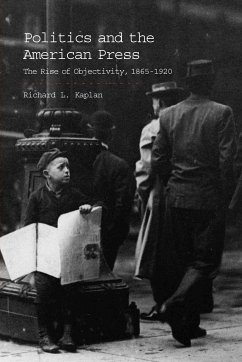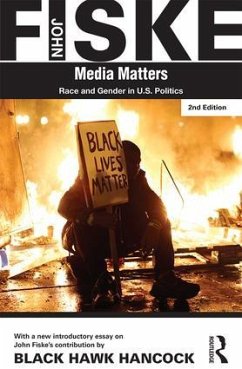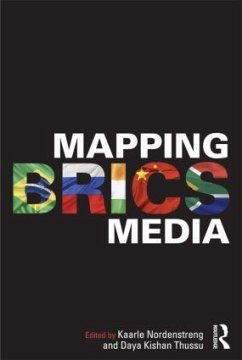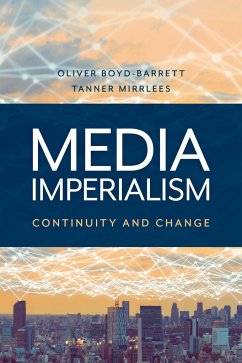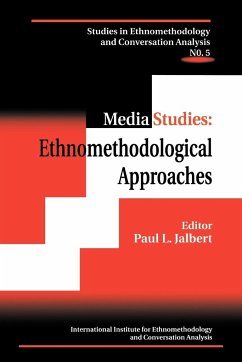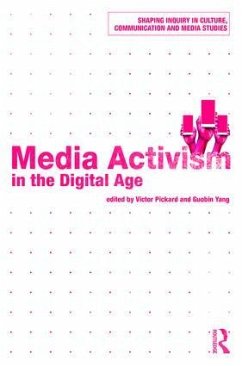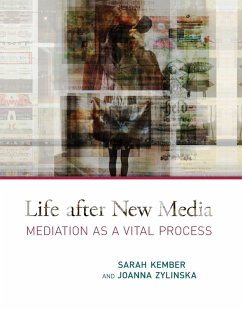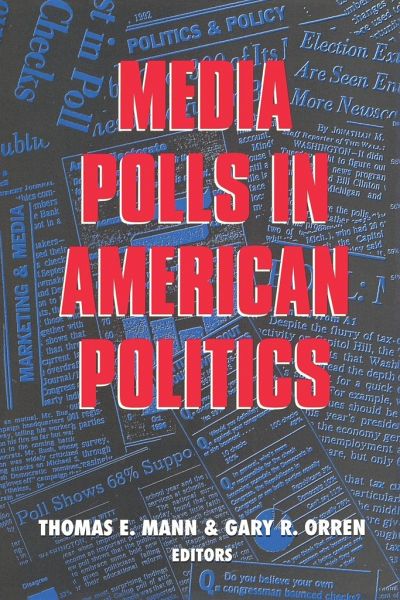
Media Polls in American Politics

PAYBACK Punkte
14 °P sammeln!
" Public opinion pools have become staples of contemporary political reporting, and most national news organizations have sophisticated in-house polling operations. The increased number and quality of polls conducted and reported by the press give the public a chance to help see the agendas of campaigns and define the meaning of elections. Yet competition and the need for fast responses to events often lead news organizations to misuse polls in a way that diminishes rather than enhances democracy. Polls can shape public opinion as well as describe it; they can set the news agenda and influence...
" Public opinion pools have become staples of contemporary political reporting, and most national news organizations have sophisticated in-house polling operations. The increased number and quality of polls conducted and reported by the press give the public a chance to help see the agendas of campaigns and define the meaning of elections. Yet competition and the need for fast responses to events often lead news organizations to misuse polls in a way that diminishes rather than enhances democracy. Polls can shape public opinion as well as describe it; they can set the news agenda and influence the coverage of political events in ways hostile to a constructive dialogue between citizens and their leaders. In this volume, media specialist and well-known reporters provide a comprehensive survey of the problems and possibilities of polling by media organizations in the 1990s and beyond. Thomas Mann and Gary Orren analyze the strengths and weaknesses of media polls and their impact on American politics. Everett Carll Ladd and John Benson discuss the extraordinary growth of polling in news organizations for the past two decades. Kathleen Frankovic addresses the tension between the needs of news organizations for quick results and the need to preserve the standards of survey research. Henry Brady and Gary Orren examine the most serious methodological problems with news media polls. Michael Kagay explores the sources of well-publicized variability in poll findings. Michael Traugott considers the complicated question of how polls influence the public and whether their effects are benign or harmful. Finally, E. J. Dionne, Jr. examines media organizations' obsession with polls and the impact polls have on reporters. The authors offer recommendations for improving the conduct and use of media polls so that citizens can make better informed and enlightened decisions about the public agenda."





